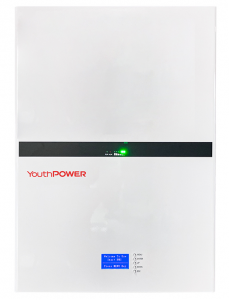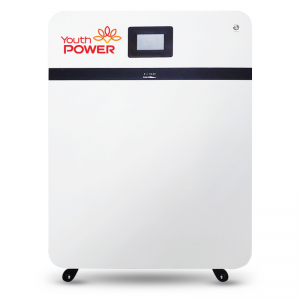The U.S., as one of the world's largest energy consumers, has emerged as a pioneer in solar energy storage development. In response to the urgent need to combat climate change and reduce reliance on fossil fuels, solar energy has experienced rapid growth as a clean energy source within the country. Consequently, there has been a significant increase in demand for residential solar battery storage.
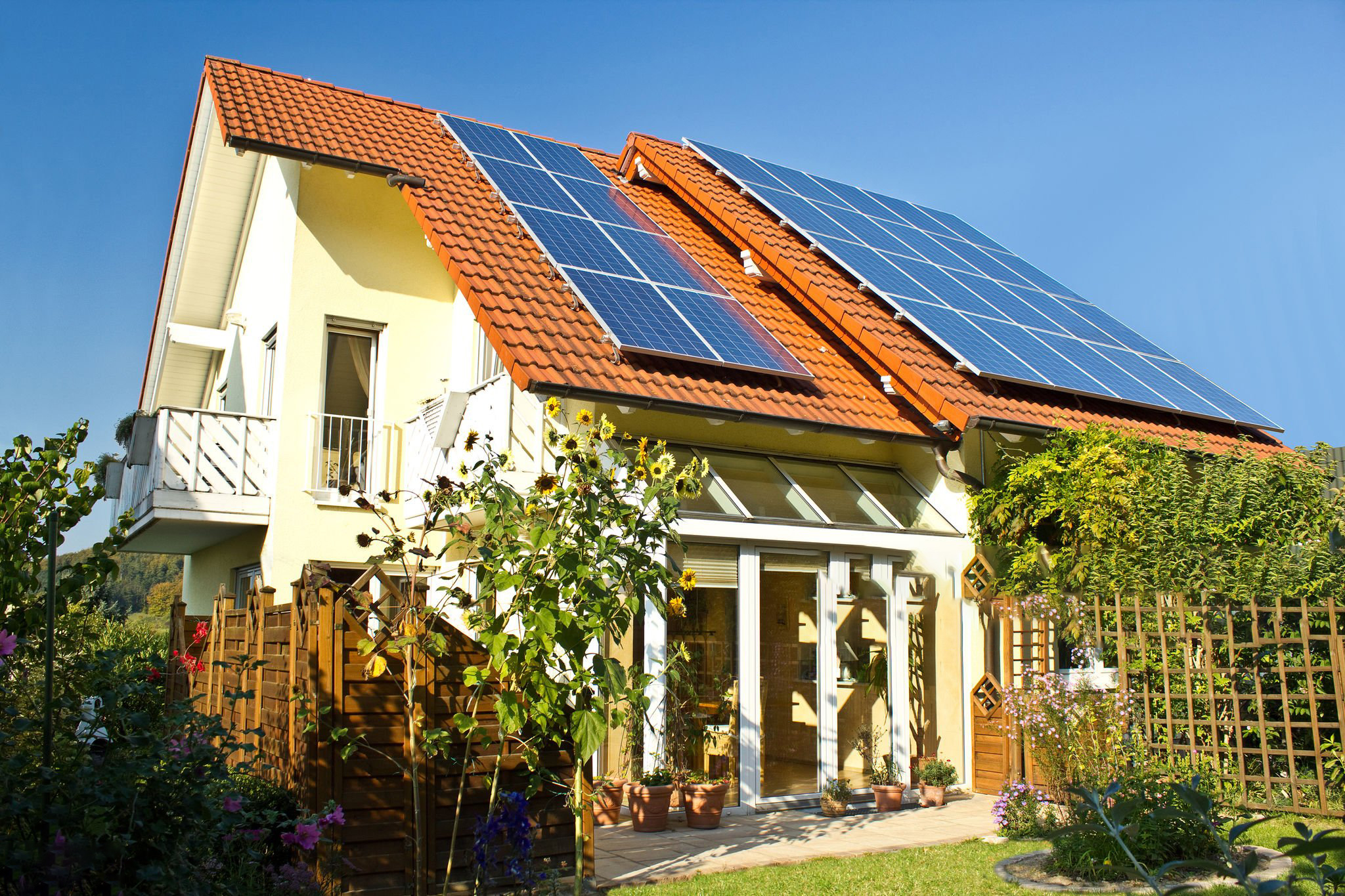
Policy support plays a crucial role in driving the growth of the residential battery storage market. The US federal and local governments actively promote this development through tax incentives, subsidies, and other forms of encouragement. For instance, the federal investment tax credit (ITC) offers a 30% tax credit for installing residential battery storage systems. Moreover, with rising electricity costs, an increasing number of households are turning to solar systems to reduce their bills, and a residential battery energy storage system can help save costs during peak electricity prices.
Additionally, as frequent power outages occur due to natural disasters and aging grid equipment, residential battery backup provide backup power that enhances home energy security. Furthermore, advancements in rechargeable lithium ion battery pack and cost reductions have made residential ESS more economically viable.
The latest quarterly Energy Storage Monitor report reveals that the US energy storage market experienced robust growth in the grid-scale and residential sectors during the first quarter of 2024, while witnessing a significant decline in the commercial and industrial sectors. Notably, approximately 250 MW/515 MWh of capacity was installed in residential solar power battery storage, indicating a modest increase of 8% compared to the fourth quarter of 2023. Interestingly, when measured by megawatt capacity, residential solar saw a year-on-year growth of 48% in Q1. Moreover, California witnessed a threefold increase in residential solar battery storage installations during this period.
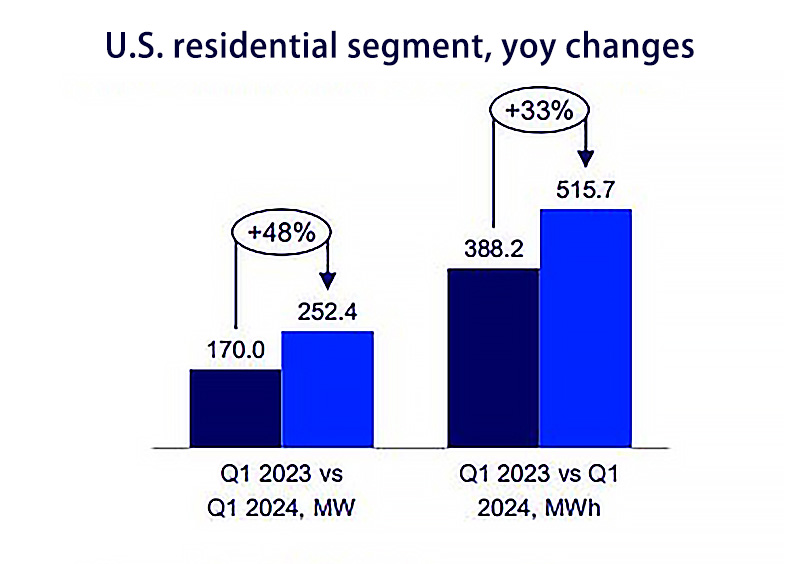
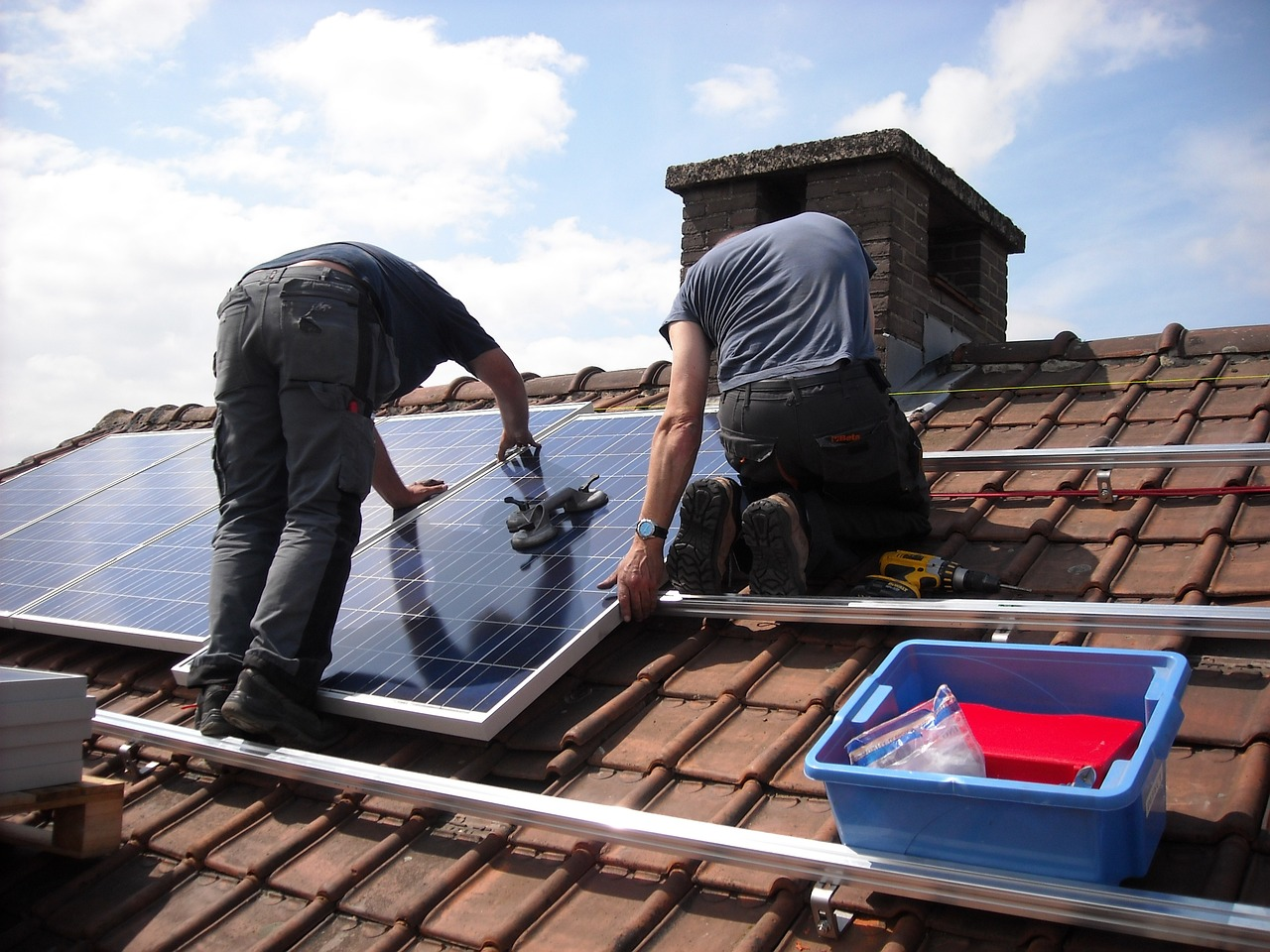
Over the next five years, an estimated 13 GW of distributed energy storage systems are expected to be deployed. The report highlights that the residential sector accounts for 79% of the installed capacity in distributed power. As costs decrease and the value of exporting midday rooftop solar diminishes, there will be a greater utilization of residential solar battery.
Market research firms predict a robust growth trajectory for the residential battery market in the U.S., with a projected compound annual growth rate exceeding 20% by 2025.
Currently, the typical range for residential batteries used in the U.S. is between 5kWh and 20kWh. We have curated a list of recommended YouthPOWER residential battery storage specifically tailored for the residential solar market in the U.S.
- 5kWh - 10kWh
Designed specifically for small homes or as a backup power source for critical loads, such as food storage appliances, illumination, and telecommunication devices
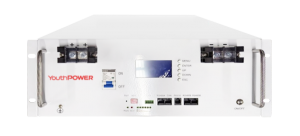 |
|
|
Model:YouthPOWER server rack battery 48V |
Model:YouthPOWER 48 Volt LiFePo4 battery |
|
Capacity:5kWh - 10kWH |
Capacity:5kWh - 10kWH |
|
Certifications: UL1973, CE-EMC, IEC-62619 |
Certifications:UL1973, CE-EMC, IEC-62619 |
|
Features: Compact design, high efficiency, easy to install, supports parallel expansion. |
Features: High energy density, support multiple parallel, with intelligent energy management system, supports parallel expansion. |
|
Details: https://www.youth-power.net/youthpower-19-inch-solar-rack-storage-battery-box-product/ |
Details: https://www.youth-power.net/5kwh-7kwh-10kwh-solar-storage-lifepo4-battery-ess-product/ |
- 10kWh
Ideal for medium-sized households, this device offers extended power support during outages and can also help balance peak and off-peak electricity prices.
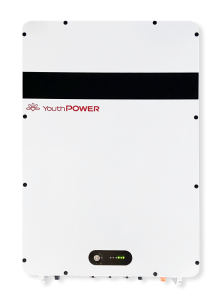 |
|
Model:YouthPOWER waterproof lifepo4 battery |
|
Capacity:10 kWh |
|
Certifications: UL1973, CE-EMC, IEC-62619 |
|
Features: Waterproof rate IP65, Wi-Fi & Bluetooth function, 10 years warranty |
|
Details: https://www.youth-power.net/youthpower-waterproof-solar-box-10kwh-product/ |
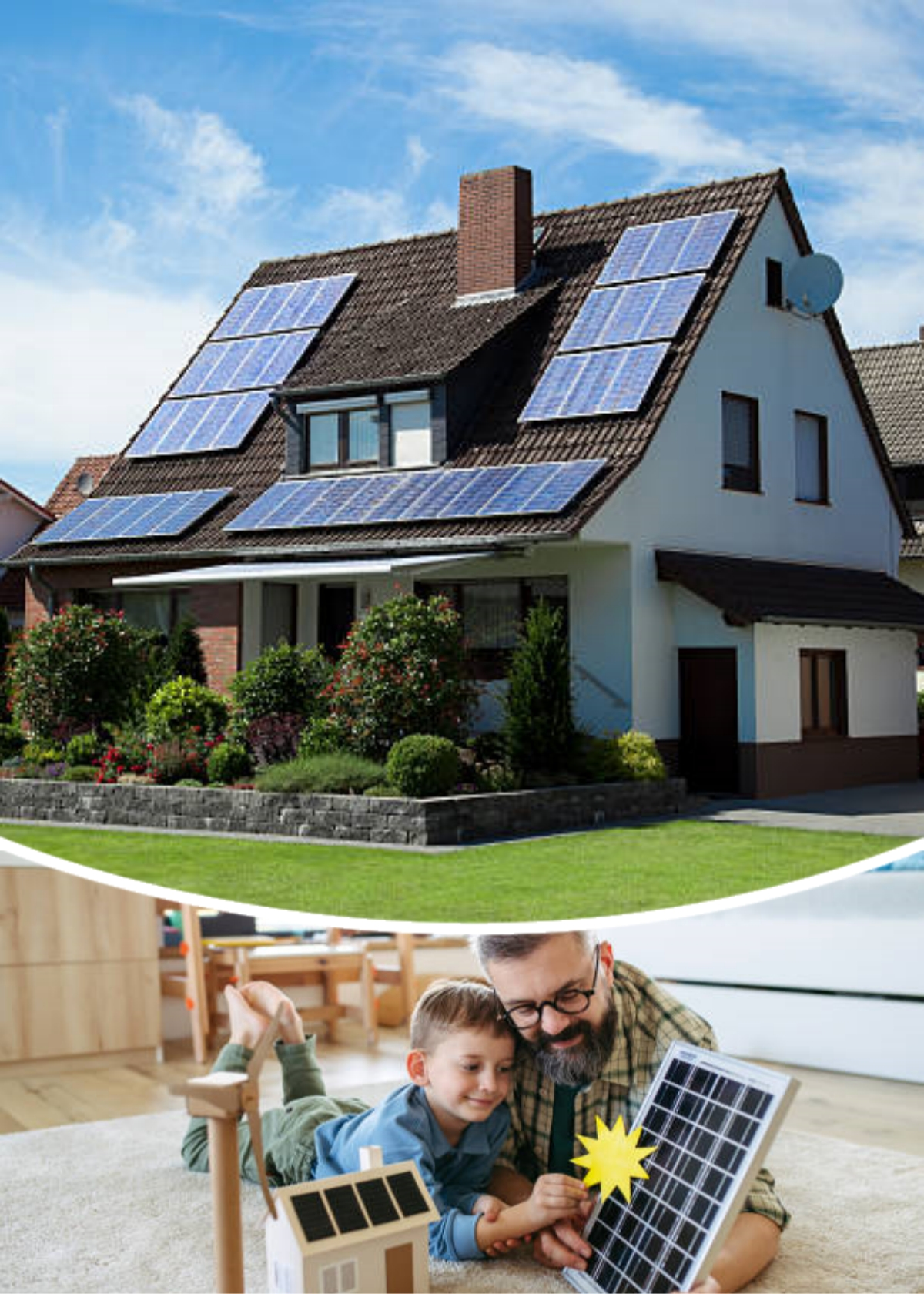
- 15kWh - 20kWh+
Ideal for large households or those with high energy demands, this power backup system can provide extended periods of electricity and support a greater number of household appliances.
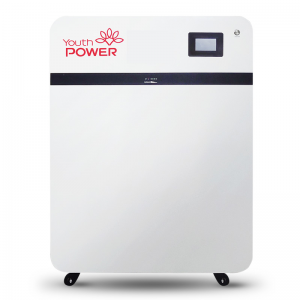 |
|
|
Model:YouthPOWER 51.2V 300Ah lifepo4 battery |
Model:YouthPOWER 51.2V 400Ah lithium battery |
|
Capacity:15kWH |
Capacity:20kWH |
|
Features: Highly integrated, modular design, easy to expand. |
Features: highly efficient, secure, and supports parallel expansion. |
|
Details: https://www.youth-power.net/300ah-lithium-battery-15kwh-lifepo4-solar-storage-51-2v-ess-product/ |
Details: https://www.youth-power.net/20kwh-battery-system-li-ion-battery-solar-system-51-2v-400ah-product/ |
The residential solar battery storage market in the U.S. has a promising future, driven by policy support, technological advancements, and market demand. In the coming years, as smart home technologies develop and market penetration increases, residential energy storage systems will be widely adopted. Investing in an appropriate home battery storage system is a wise choice for households seeking to reduce energy costs and enhance energy security.
Post time: Jun-25-2024


